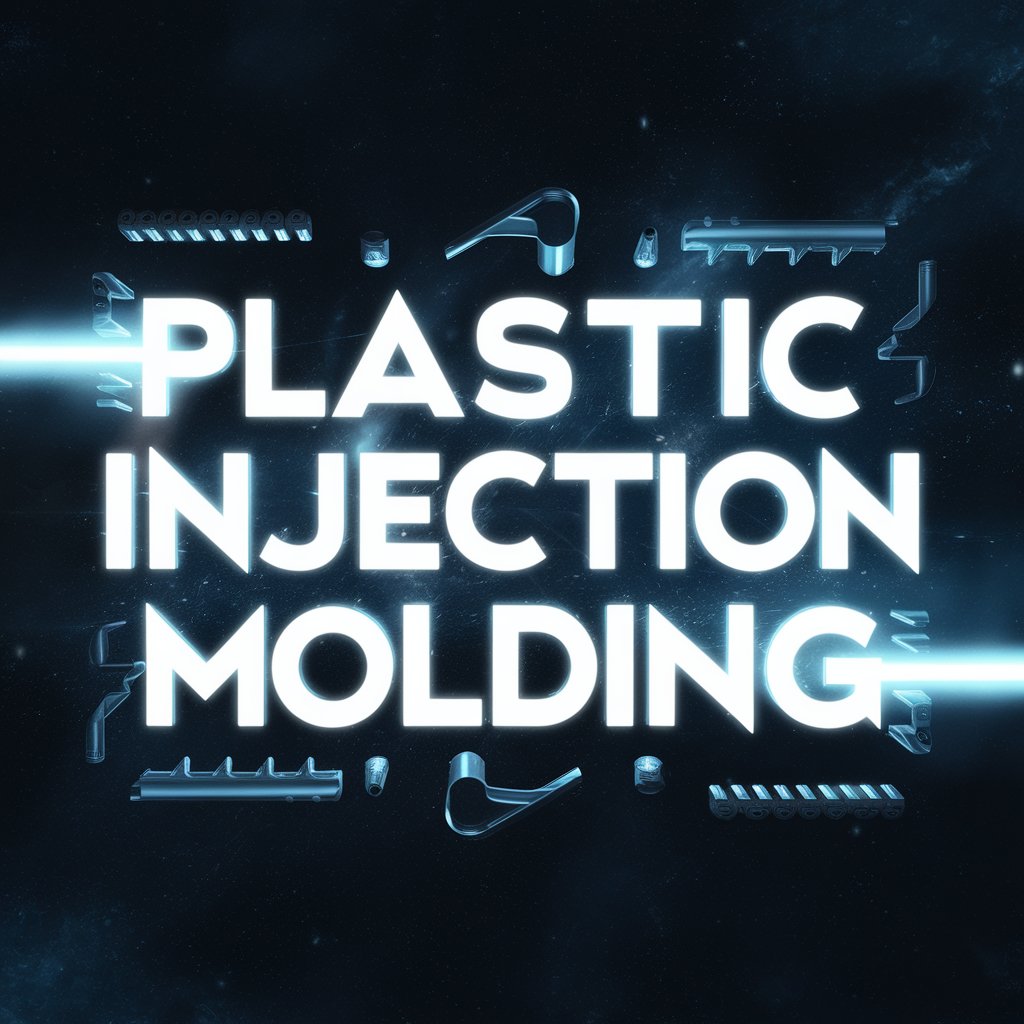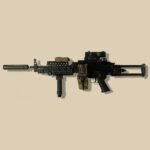Plastic injection molding is a versatile manufacturing procedure involving liquefied plastic in a mold to create various parts and components. This technique is highly efficient, precise, and capable of producing complex shapes. While it has been widely used for making everyday items, its application in healthcare has seen significant advancements. Medical plastic injection molding has become indispensable in producing high-quality, reliable devices and equipment.
Precision in Medical Components
Micro-Molding for Small-Scale Devices
One of the advanced applications of medical injection molding in healthcare is micro-molding. This technique allows for the production of tiny components with high precision. It is essential for manufacturing intricate parts used in minimally invasive surgical instruments, microfluidic devices, and implantable devices. The ability to produce tiny, detailed parts with consistent quality has revolutionized the design and functionality of these devices.
High-Precision Molds
The development of high-precision molds has enhanced the capabilities of plastic injection molding. These molds are engineered to produce parts with tight tolerances, ensuring that each component meets exact specifications. This level of precision is important for medical devices that require flawless performance, such as diagnostic equipment, drug delivery systems, and surgical instruments. It minimizes the danger of defects and ensures the reliability of the final product.
Advanced Materials for Enhanced Performance
Biocompatible Plastics
The use of biocompatible plastics is a significant advancement in medical injection molding. These materials are created to interact safely with human tissues and fluids, making them ideal for implantable devices and other applications. Biocompatible plastics such as polyether ether ketone (PEEK), polycarbonate, and medical-grade silicones are commonly used to produce components that are safe, durable, and resistant to sterilization processes.
Antimicrobial Plastics
Incorporating antimicrobial properties into plastic materials is another innovative medical plastic injection molding application. Antimicrobial plastics help prevent the growth of harmful bacteria on devices, reducing the risk of infections. This advancement is particularly beneficial for devices in direct contact with patients, such as catheters, surgical instruments, and hospital equipment. The use of antimicrobial plastics enhances patient safety and contributes to better infection control in healthcare settings.
Customization and Personalization
Patient-Specific Implants
Plastic injection molding has allowed the production of patient-specific implants tailored to individual anatomical needs. Using advanced imaging and 3D modeling technologies, custom molds can produce implants that fit perfectly within a patient’s body. This customization level improves the implants’ effectiveness and decreases the risk of complications. Patient-specific implants are commonly used in orthopedic surgeries, craniofacial reconstruction, and dental procedures.
Customized Medical Devices
The ability to customize medical devices extends beyond implants. Medical plastic injection molding allows the production of customized surgical tools, prosthetics, and wearable devices. Customization ensures that these devices meet the unique requirements of patients and healthcare providers, improving overall treatment outcomes. For example, customized prosthetics can be designed to match the patient’s anatomy and functional needs, providing a better fit and enhanced mobility.
Integration of Advanced Technologies
Smart Medical Devices
Integrating advanced technologies, such as sensors and electronics, into plastic injection-molded components has led to the development of intelligent medical devices. These devices can monitor patient conditions, deliver targeted therapies, and provide real-time data to healthcare providers. Examples include smart inhalers, glucose monitors, and wearable health trackers. The seamless integration of technology into medical devices enhances their functionality and improves patient care.
Additive Manufacturing and Injection Molding
Combining additive manufacturing (3D printing) with traditional plastic injection molding has opened new possibilities for medical device production. Additive manufacturing allows for rapid prototyping and the creation of complex geometries that may be challenging to achieve with traditional molding techniques. By using 3D-printed molds or combining 3D-printed components with injection-molded parts, manufacturers can produce innovative devices with enhanced capabilities and reduced lead times.
Sustainability in Medical Manufacturing
Eco-Friendly Materials
Sustainability is becoming increasingly important in medical manufacturing. The use of eco-friendly materials in plastic injection molding is a significant step towards reducing the environmental impact of medical device production. Biodegradable and recyclable plastics are being developed and used to create components that maintain high performance while being environmentally responsible. This shift towards sustainable materials supports the healthcare industry’s commitment to environmental stewardship.
Energy-Efficient Processes
Developments in plastic injection molding technology have also focused on improving energy efficiency. Modern injection molding machines are designed to consume less energy while maintaining high production standards. This efficiency not only reduces operational costs but also lessens the manufacturing process’s carbon footprint. Energy-efficient molding processes contribute to medical device manufacturers’ overall sustainability goals.
Plastic injection molding has advanced far beyond its basic applications, playing a crucial role in the healthcare industry. Customization, integration of smart technologies, and sustainable practices further improve the capabilities and applications of plastic injection molding. These advancements are transforming the production of medical devices, improving patient care, and driving innovation in healthcare.


